Polish Prime Minister Donald Tusk recently accused Viktor Orban of not playing on the EU's team, but on Putin's, if Hungary indeed blocked sanctions against Russia. Setting aside the fact that this accusation could more accurately be directed at those who conceived the sanctions in the first place, it is troubling to see that
Tusk and Polish Foreign Minister Radoslaw Sikorski place little value on the long-standing Polish-Hungarian friendship. They and their ideological allies treat us as if we were nations at war.
Of course, not all Poles are our friends, and history has not always seen us as sincere friends. There have been conflicts between our nations, for instance, in the 12th century and even in the 15th century, notably between King Casimir of Poland and King Matthias of Hungary. However, history offers far more examples of how the friendship between the brave, patriotic, and freedom-loving people of our two nations has proved to be stronger than political differences. We have often fought against foreign invaders, sometimes assisting each other, and have provided refuge when necessary.
Even during the communist dictatorship, this friendship remained unbroken. I am not referring to the forced "brotherhood" imposed by the socialist regimes, but rather to the genuine feelings that thrived among ordinary civilians—an affection immediately apparent whenever we set foot on each other’s land.
I first visited Poland in the summer of 1964. Traveling with a childhood friend, we had little money and carried just a sports bag each. We took a train to Katowice and hitchhiked all the way to the sea, then back again, crisscrossing the country. We had no accommodation plans and never knew where we would sleep, yet the Polish people always helped us as soon as they found out we were Hungarian. Hitchhiking was very popular back then, especially in Poland. At city outskirts, long lines of young people stood waiting for rides to the Sopot Song Festival. Few cars stopped, but for us, they always did. Our secret was a small yellow sign with “Węgry” (Hungary) written in black letters. Holding this sign, we traveled across Poland, sleeping in tents, student dormitories, and as guests of generous Polish people.
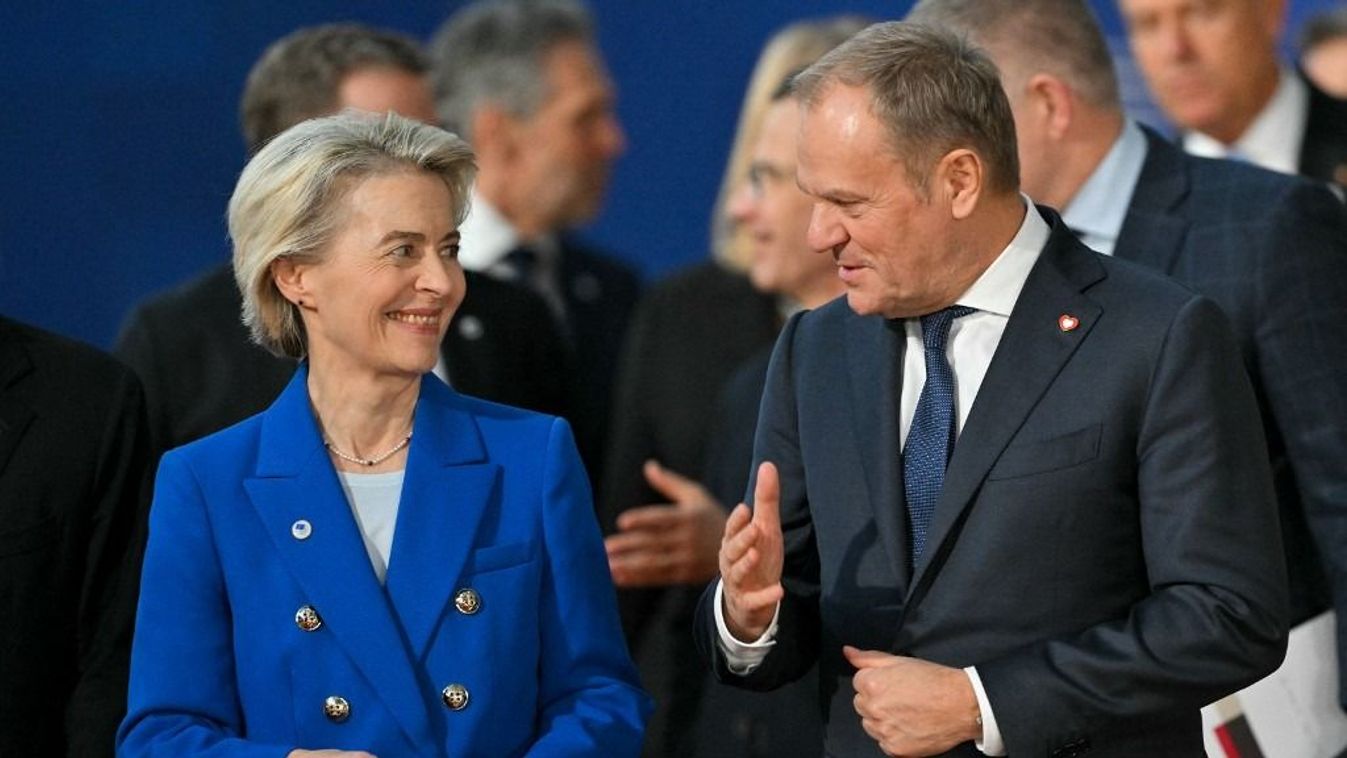

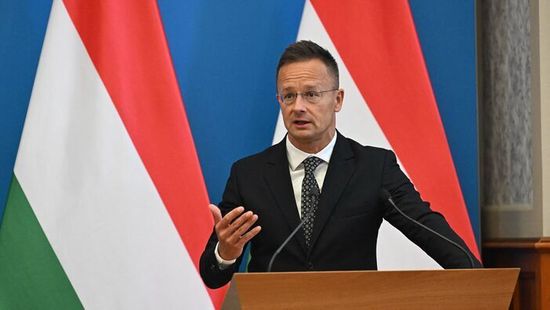




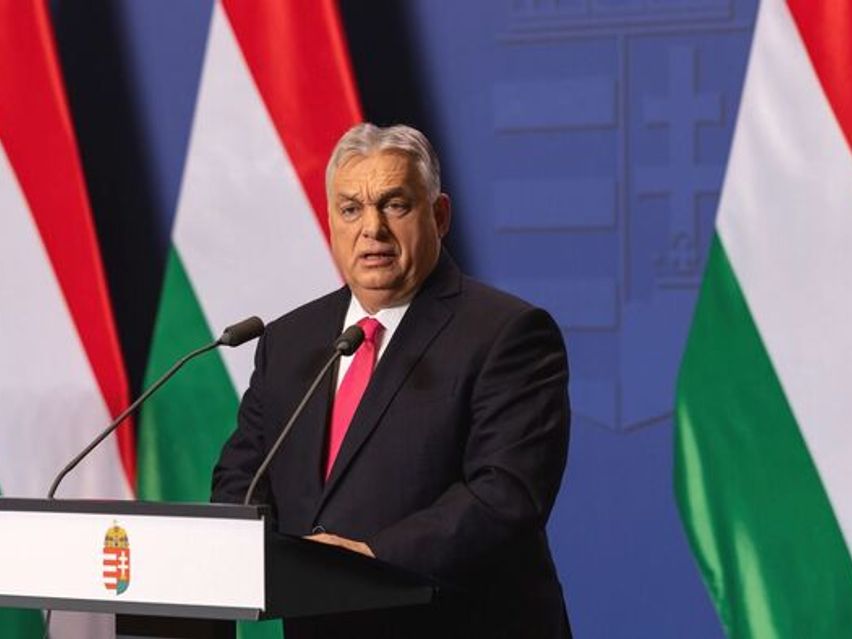

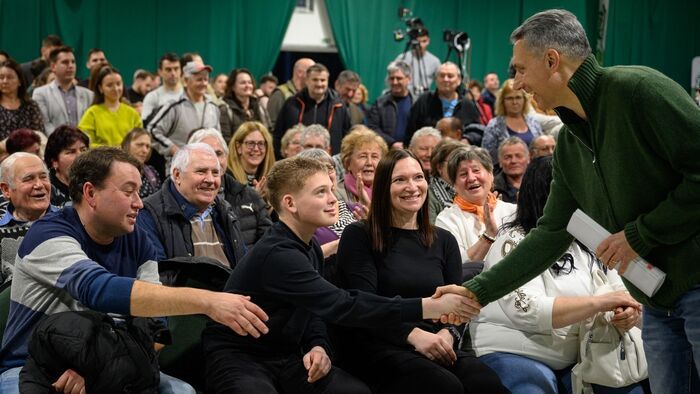

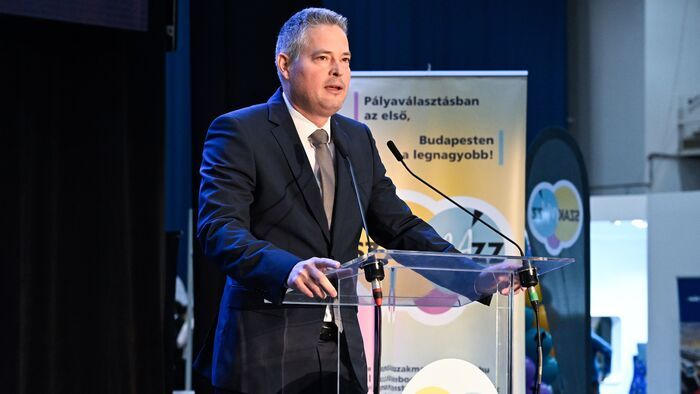
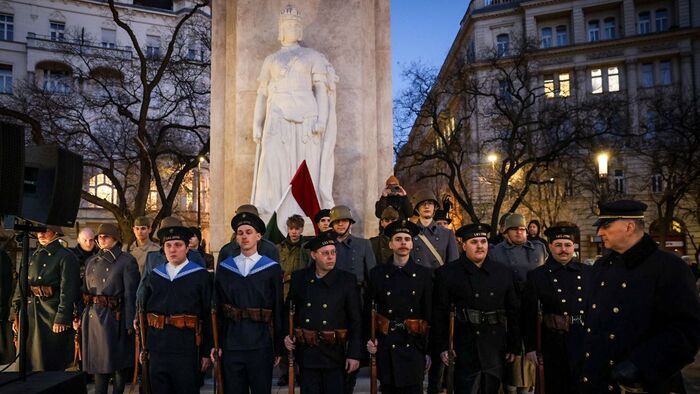
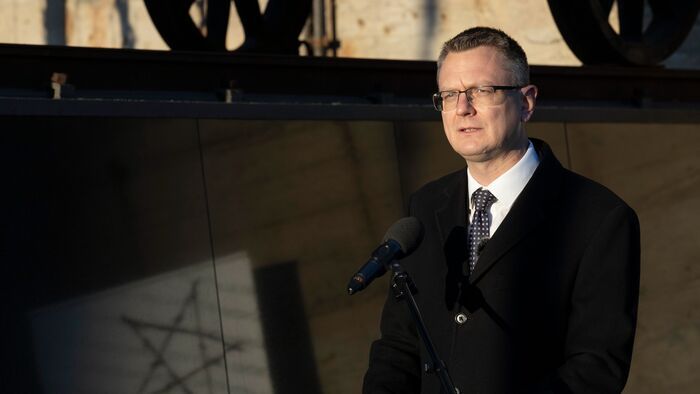
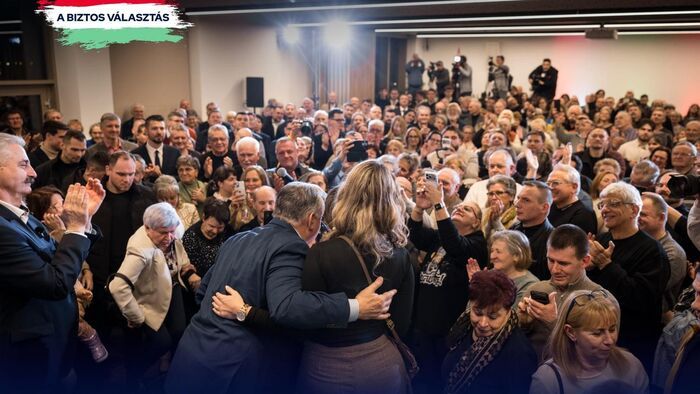
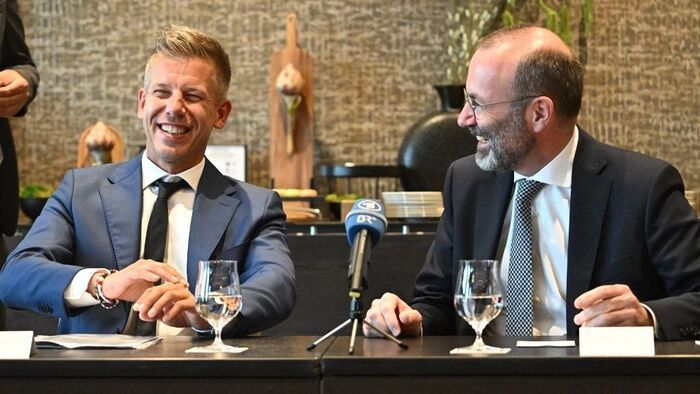
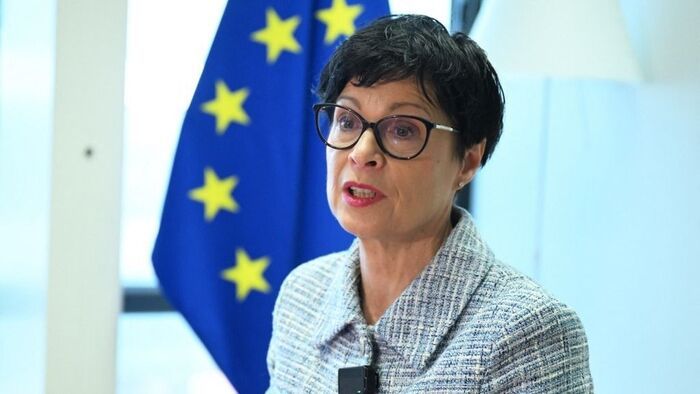
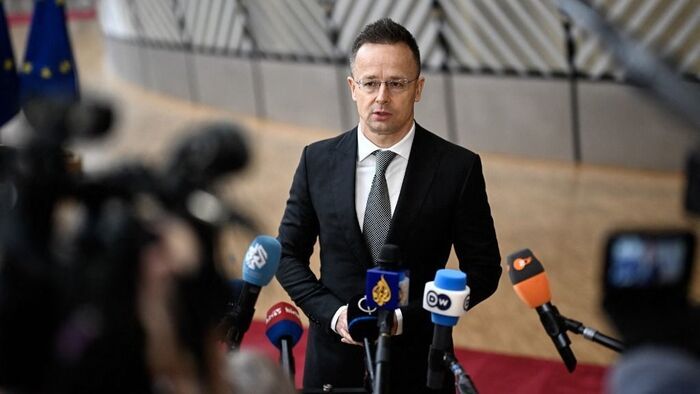


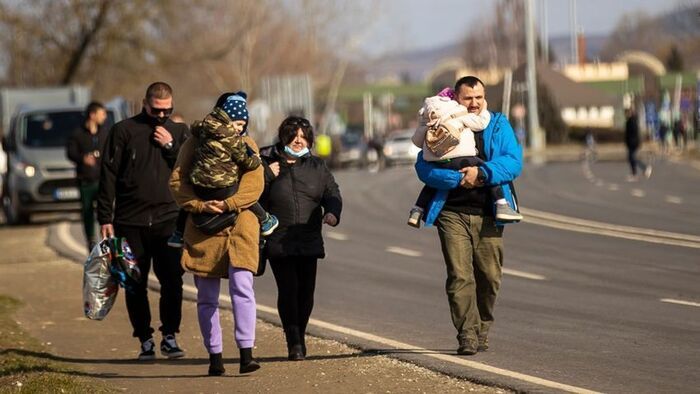
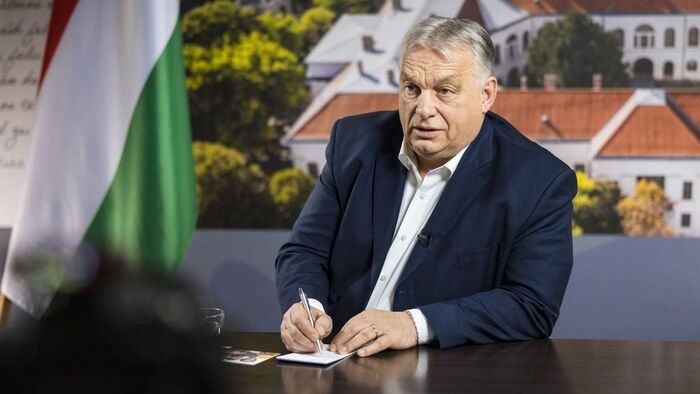

Szóljon hozzá!
Jelenleg csak a hozzászólások egy kis részét látja. Hozzászóláshoz és a további kommentek megtekintéséhez lépjen be, vagy regisztráljon!